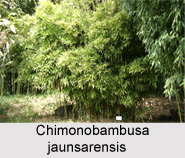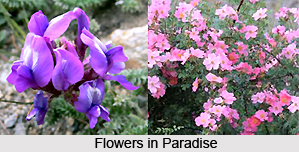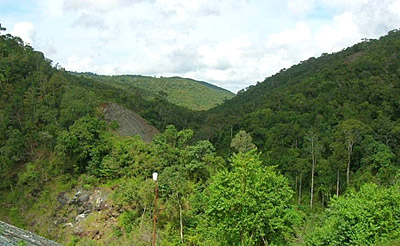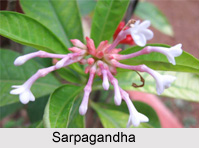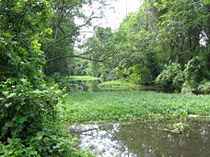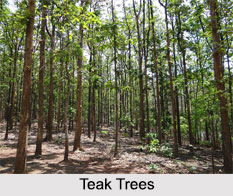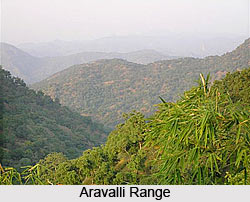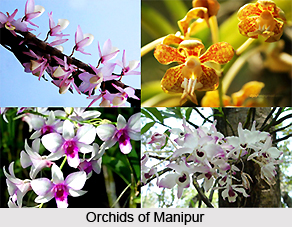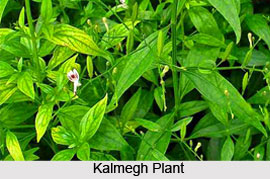 Kalmegh or Andrographis paniculata is a medicinal plant which is cultivated on a large scale, particularly in south-eastern Asia and southern Asia, and is employed in the treatment of ailments like infections and other maladies. Mainly the roots and leaves of Kalmegh are utilized for medicinal usage. It is herbaceous and is grown in India as well as Sri Lanka. This plant is referred to as `Maha-tita` in the north-eastern portions of India and is popular by various vernacular names. It is called `Kalmegh` or `Kala Megha` or dark clouds, and is a significant Ayurvedic herb. Some people also term this medicinal plant as `Bhui Neem`, implying, `neem of the ground` mainly due to the fact that it has a strong bitter taste which is similar to that of the neem tree.
Kalmegh or Andrographis paniculata is a medicinal plant which is cultivated on a large scale, particularly in south-eastern Asia and southern Asia, and is employed in the treatment of ailments like infections and other maladies. Mainly the roots and leaves of Kalmegh are utilized for medicinal usage. It is herbaceous and is grown in India as well as Sri Lanka. This plant is referred to as `Maha-tita` in the north-eastern portions of India and is popular by various vernacular names. It is called `Kalmegh` or `Kala Megha` or dark clouds, and is a significant Ayurvedic herb. Some people also term this medicinal plant as `Bhui Neem`, implying, `neem of the ground` mainly due to the fact that it has a strong bitter taste which is similar to that of the neem tree.
Description of Kalmegh
The Kalmegh plant grows till about 30 to 110 cms, particularly in shadowy and moisture-rich regions. It is characterised by a thin, dark green coloured stem with lance-shaped leaves and hairless leaf blades. The leaves measure about 8 cms in length and 205 cms in width while the fruit is shaped like a capsule. The seeds are yellowish brown in colour. Kalmegh thrives in coastal areas, wastelands, plains, hilly slopes, roadsides and farms and is cultivated in tropical Asian nations, mainly in isolated patches. This important medicinal herb grows in several parts of southern India and also in Sri Lanka. Sunny locales are considered the ideal places of growth of Kalmegh. During the months of May and June, seeds of Kalmegh are sown and the seedlings are cultivated, keeping a distance of 60 cm x 30 cm between them.
Uses of Kalmegh
Kalmegh has played a significant role as an Ayurvedic herb since ancient periods and has been utilized as a famous tribal medicine in India and many other nations. It has also been employed for several clinical applications. According to some research activities, Kalmegh is used to treat ulcerative colitis, upper respiratory infections, rheumatism and other ailments. A study conducted in the year 2012 indicated that Kalmegh might serve as an effectual mosquito repellent while yet another study suggested that Kalmegh also possesses anti-inflammatory properties.
